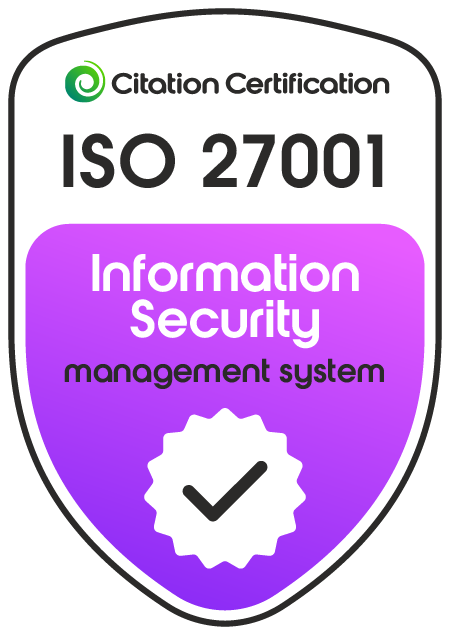A
Deloitte Australia survey states this has encouraged firms to accelerate outsourcing services as they find their footing in an economy where quality, flexibility, and cost are more important than geographical location.
However, outsourcing accounting services requires businesses to send highly sensitive financial information to a third party. This comes with risks and the need to ask the right questions to manage those risks and ensure the most suitable and trustworthy solution is selected
So, here are the five most important questions to ask when outsourcing accounting services:
1. Are There Encryption Methods on Portals and Site?
Sharing any data, much less financial data, to a third-party organisation can be very risky. This is the reason encryption is essential. It’s important to ask if the provider uses an SSL certification for 128-bit or 256-bit encryption when sending any files to their website.
This type of encryption can prevent hackers from decrypting any information sent to the provider, as the beginning of the website received a lock icon. If the provider offers client access via cloud storage, we also need to check what security features safeguard information from other third parties.
It’s also vital to limit access to only key business members to protect login credentials further.
2. Are There Physical Security Measures in Place?
Aside from ensuring there is no data breach or online theft, it’s also important to ensure no one can access the physical copies of your data.
If the provider operates with physical employees, ask about the employees’ access to the information. For example, will there be a record of which employee has access to the company’s information?
If the provider is fully digital, ask about the security of devices and dissemination. Does the provider have policies for monitored logins and strong passwords?
A good provider also complies with the Australian Data Protection Laws, regardless of their location.
3. What Happens to the Information After?
Each accounting services provider handles completed documents in different ways. It’s crucial to find out what happens to your information after a project is complete. Find out if the provider has a standard operating procedure for destroying information, for example, if there is a secured location or if they intend to store that information for a period of time. If it is in their policy to
store information, it is important to determine how long and if you’re comfortable with this procedure.
4. Do They Have Any Risk Management Policies?
The threat of hackers is imminent, and no matter how secure a company’s system is, there is always a risk of data breach and hacking. There is also a risk of physical theft and natural disasters that may destroy information.
That’s why it’s essential to ask if the provider has a risk management policy in place. A good provider has a team that considers the risks, manages them, and has a contingency plan if any of the risk scenarios were to happen.
Part of the risk management policy should include how they notify your team in the event of a breach.
5. Will My Data Always Be Available to Me?
A good provider should protect your data from physical and online threats and ensure it’s available to us at any time, meaning the provider should be prepared for power outages or server problems and can guarantee your information is not lost should anything happen to the server. Ask about disaster recovery plans, also ensuring your business can continue running without worrying about system outages.
Consider All Outsourcing Options
When you look to engage an outsourced solutions provider, be sure to consider the benefits from hiring that provider, the risks of engaging with a third party and if the provider can scale with your business as needed.
Review all of your options when choosing the right accounting services provider for the business. While it’s tempting to go with a provider that offers the lowest cost, you might be risking significant losses if the service provider cannot meet your business needs.
Information, articles, topics and ideas on this website are published for general information purposes only and are not specific to any person or circumstance. Any advice is general in nature and does not take into account any person’s particular financial situation, investment objectives and needs. Consider seeking advice from a qualified adviser before making any financial decision based on the information you find in this article. Before acting on any information found in this article, consider the appropriateness of advice with regard to your own financial situation, objectives and needs. Information in this article is not a substitute for financial consultation or advice.

